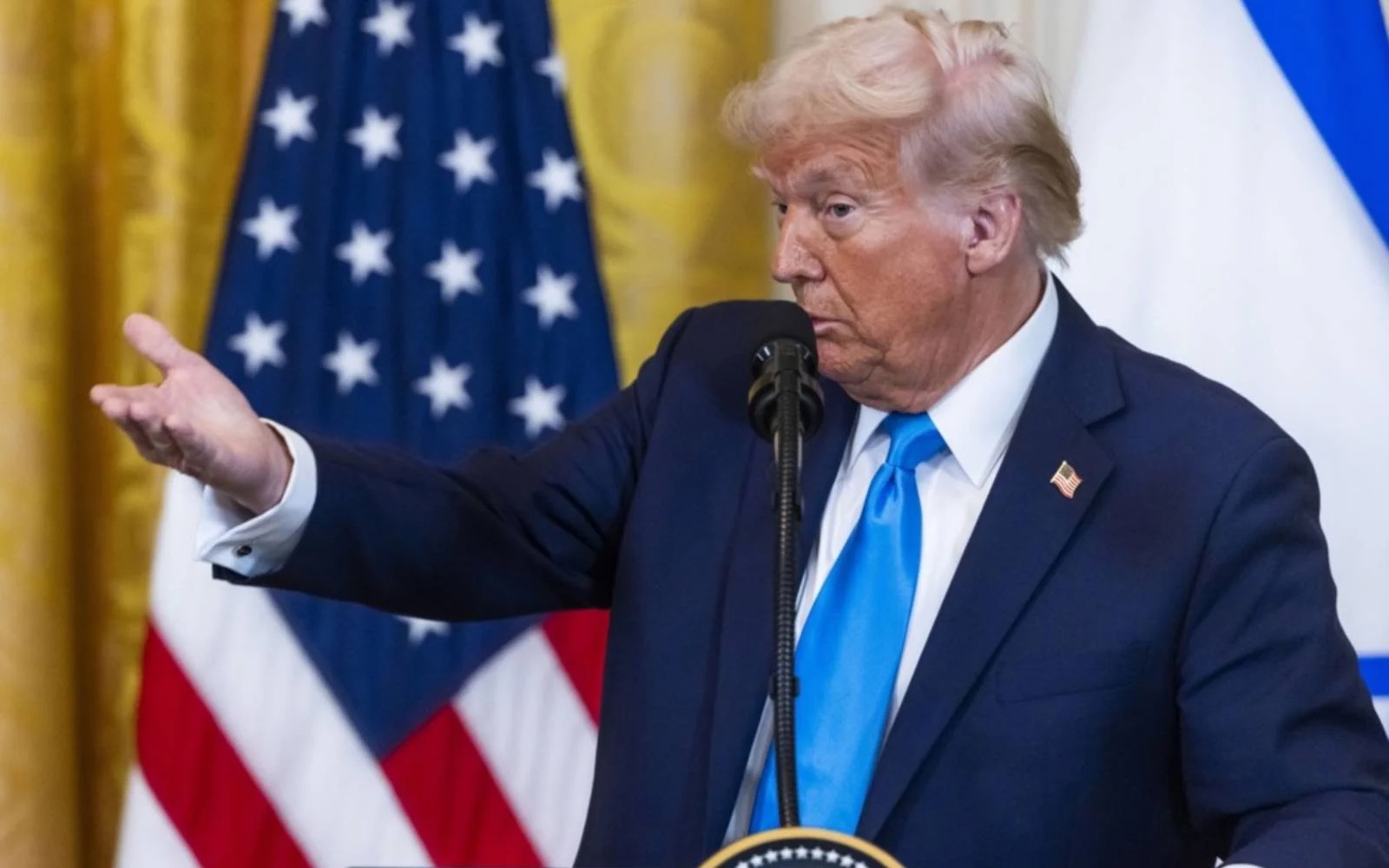
That’s the heart of a new ruling by a federal judge. This ruling blocks important parts of an executive order by President Donald Trump that specifically targeted the law firms Jenner & Block and WilmerHale. The decision, made by Judge Richard Leon late Friday, supports the First Amendment rights of the firms and their clients, which were previously threatened by the order. Trump’s orders specifically focused these companies because of their work in the political realm and as participants in the Mueller investigation.
Background on Trump’s Executive Orders
Trump followed through by issuing other executive orders to put Jenner & Block and WilmerHale out of business. He focused on these firms in particular because they had hired veterans of the Mueller probe. These injunctions were meant to prevent lawyers from the firm WilmerHale from passing through security to federal buildings. They then attempted to punish the firm’s clients with government contracts.
Judge Leon’s late Friday order blocks these retaliatory measures, affirming the firms’ right to legal advocacy. The order places a temporary halt on key components of Trump’s directive. This order requires federal agencies to terminate existing contracts with Jenner & Block and its clients, as well as barring the firm from access to federal officials and buildings.
“There is no doubt this retaliatory action chills speech and legal advocacy, and that is qualified as a constitutional harm,” – Judge Richard Leon
Judicial Pushback Against Trump’s Orders
In recent weeks, three judges have independently scolded the Trump administration’s retaliatory policies as applied to these law firms. A separate ruling by a third judge temporarily blocked another executive order targeting Perkins Coie, further illustrating judicial pushback against these actions.
In fact, Trump’s executive orders instructed federal agencies to revoke security clearances to attorneys associated with J& B and WilmerHale. These attorneys lost the ability to access federal buildings. Additionally, it ordered agencies to stop hiring people from these companies. Judge John Bates specifically called out the language as “inflammatory” in Trump’s executive order. He said that Trump’s wanting to sanction the companies for their pro bono work was “disturbing” and “troubling.”
Judge Leon further worried that it would lead to a decline in the quality of legal representation. He warned that clients could seek out different legal representation. They might think that they are constrained in how fully WilmerHale lawyers can advocate on their behalf given such limitations.
“Do I walk on eggshells … or defend my client zealously?” – Clement
There are lawyers and teachers in the legal community who are breathing a sigh of relief. Judge Leon’s ruling reaffirms the importance of legal advocacy under the Constitution. The plaintiffs and judge believe that the judiciary has a critical role in checking executive power when it encroaches upon our fundamental rights to free speech and assembly.
Author’s Opinion
Judge Leon’s ruling serves as a vital check on executive power, upholding the fundamental rights of legal professionals to advocate freely and without government interference. This decision is a significant step in safeguarding the integrity of the legal system and preventing political retaliation from encroaching on legal advocacy.
Featured image credit: FMT
Follow us for more breaking news on DMR
